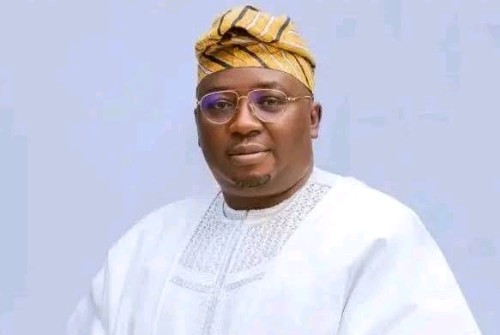The Federal Government said on Tuesday that it was prepared to give a completely legal operating licence to the 650,000 barrels per day capacity Dangote Petroleum Refinery.
This was declared at the Nigerian Midstream and Downstream Petroleum Regulatory Authority’s Stakeholders’ Consultation Forum on Midstream and Petroleum Host Community Development Trust Regulations in Abuja.
The federal government’s NMDPRA, however, clarified that although it had given the $20 billion refinery a pre-commissioning permit, the Dangote refinery would shortly receive a fully operational licence.
The Dangote refinery was opened by former President Muhammadu Buhari in May 2023. In April of this year, the plant began supplying automotive petrol oil, sometimes known as diesel, to the local market. It has yet to release Premium Motor Spirit, popularly called petrol.
Speaking at the forum in Abuja on Tuesday, the Chief Executive of NMDPRA, Farouk Ahmed, told industry players and other stakeholders that the authority would issue a fully valid operating licence to the refinery very soon.
Ahmed, who was represented by the Executive Director, Distribution Systems, Storage and Retailing Infrastructure, NMDPRA, Ogbugo Ukoha, pointed out that currently, only three refineries have valid licences.
“We have issued three refineries with three valid licences. We awarded Dangote refinery even in their pre-commissioning and sooner than later they will have full commission and a valid licence to also operate,” he stated.
He also stated that about 15 gas facilities across the country have valid licences, while more are undergoing processing.
The NMDPRA boss said there are 1,199 facilities with valid licences in the downstream, while more than 176 operators hold gas import permits.
Ahmed said 130 depots have valid licences, while 69 hold valid coastal vessel licences, adding that NMDPRA has licenced 9,464 retail outlets as of 10 am on April 30, 2024.
“In the gas processing facility within the midstream, there are about 15 of them with valid licences. And much is under processing. If you go to the downstream sector, in the gas state of the downstream, more than 1,199 facilities have NMDPRA valid licences.
“More than 176 operators hold gas import permits. On the liquid licencing side of the downstream, there are 130 depots with valid licences and coastal vessels with more than 69 valid licences as of today. And in the retail outlets, we have 9,464 licenced retail outlets as of 10 am today, April 30,” Ahmed stated.
He explained why locations in the midstream and downstream arms of the oil sector were included as part of host communities, stating that emissions and effluence affect them.
Ahmed said the authority organised the forum for stakeholders to ventilate their ideas and propose measures that would further enable the NMDPRA to relate better with host communities in the mid- and downstream arms of the oil sector.
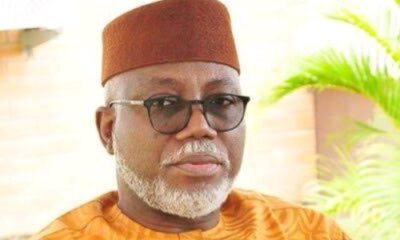
 BIG STORY3 days ago
BIG STORY3 days ago
 BIG STORY2 days ago
BIG STORY2 days ago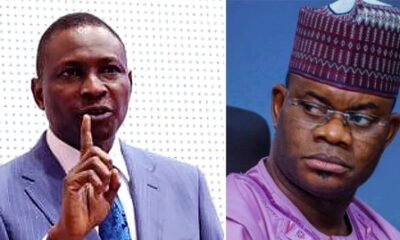
 BIG STORY4 days ago
BIG STORY4 days ago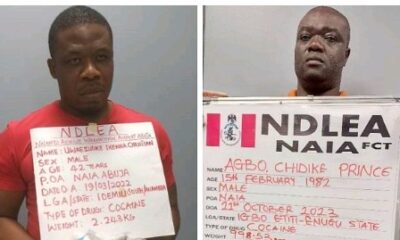
 BIG STORY3 days ago
BIG STORY3 days ago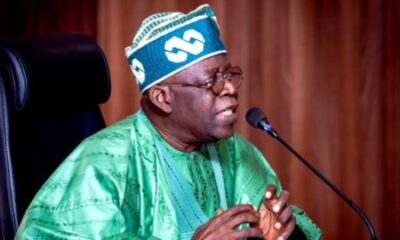
 BIG STORY6 hours ago
BIG STORY6 hours ago
 BIG STORY1 day ago
BIG STORY1 day ago
 BIG STORY1 day ago
BIG STORY1 day ago
 BIG STORY5 days ago
BIG STORY5 days ago









